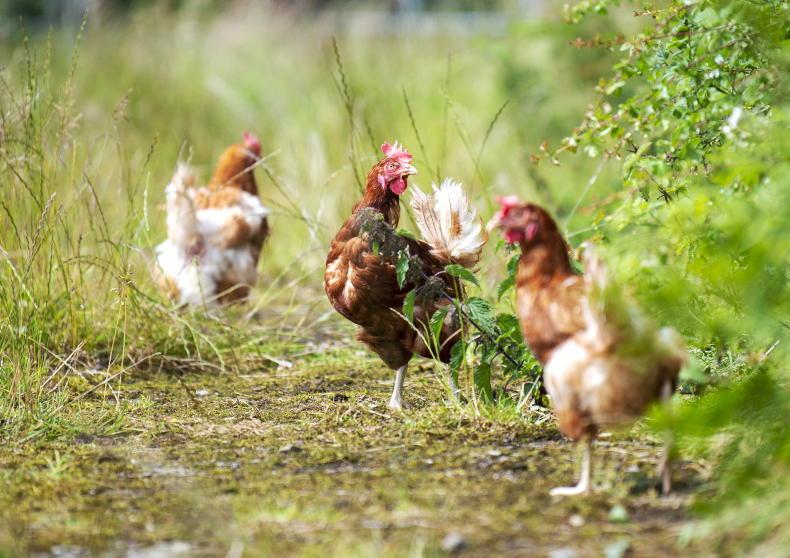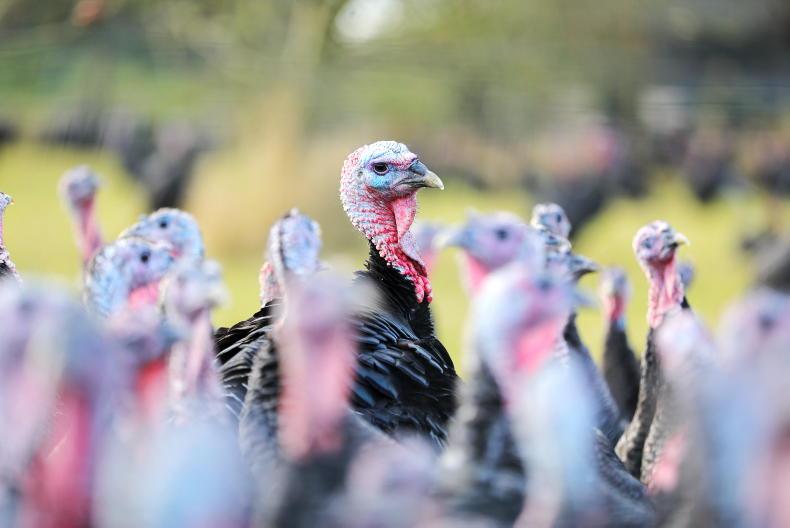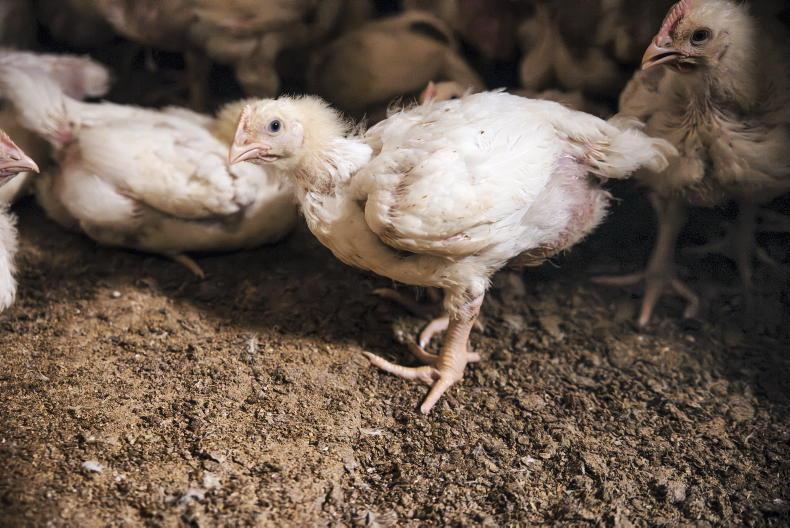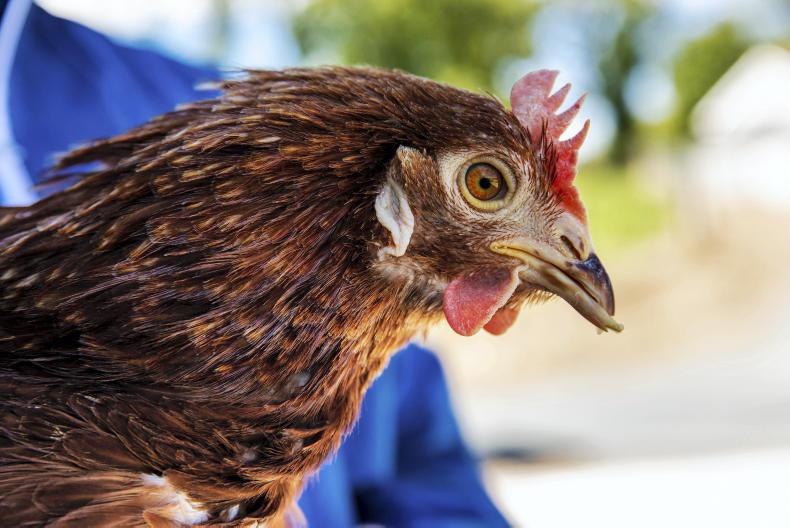Gene-edited hens have been found to be immune to bird flu as part of a UK study.
Scientists at the Imperial College London (ICL) found that hens which had small alterations to one gene were highly resistant to avian influenza, with nine in 10 hens showing no signs of infection when exposed to other birds with the disease.
The research found that breeding for resistance and resilience to disease has significant potential in farmed poultry in the UK.
The Imperial College London team also found that with recent advances in the development of genome editing technology, these gene alternations could be introduced to a poultry flock much more easily than previously thought.
Genes
Eggs from hy-line layer flocks bred at the National Avian Research Facility, Midlothian, UK were used in the peer-reviewed study, which was recently published in the scientific journal, Nature Communications.
The scientists introduced a specific gene edit to the host protein ANP32A that had been shown to abrogate its support for the influenza polymerase in cell culture.

Chickens genetically resistant to avian influenza could prevent future outbreaks, the scientists noted in their study summary. \ Ciara Wilkinson
Gene-edited birds carrying this edit showed no adverse health or productivity effects, and were resistant to bird flu infection by a natural transmission route following exposure to other infected birds.
The scientists said that their results demonstrate the promise of this strategy for mitigating the incursion of avian influenza into farmed poultry from wild bird sources.
“Even following a direct inoculation with 103 infectious virus particles, only a single bird was infected and the viral titres shed were low and transient, and no onwards transmission occurred,” they said.
Prevent outbreaks
Chickens genetically resistant to avian influenza could prevent future outbreaks, the scientists noted in their study summary.
“Our data illustrate a first proof-of-concept step to generate bird flu-resistant chickens and show that multiple genetic modifications will be required to curtail viral escape,” he said.
Gene-edited hens have been found to be immune to bird flu as part of a UK study.
Scientists at the Imperial College London (ICL) found that hens which had small alterations to one gene were highly resistant to avian influenza, with nine in 10 hens showing no signs of infection when exposed to other birds with the disease.
The research found that breeding for resistance and resilience to disease has significant potential in farmed poultry in the UK.
The Imperial College London team also found that with recent advances in the development of genome editing technology, these gene alternations could be introduced to a poultry flock much more easily than previously thought.
Genes
Eggs from hy-line layer flocks bred at the National Avian Research Facility, Midlothian, UK were used in the peer-reviewed study, which was recently published in the scientific journal, Nature Communications.
The scientists introduced a specific gene edit to the host protein ANP32A that had been shown to abrogate its support for the influenza polymerase in cell culture.

Chickens genetically resistant to avian influenza could prevent future outbreaks, the scientists noted in their study summary. \ Ciara Wilkinson
Gene-edited birds carrying this edit showed no adverse health or productivity effects, and were resistant to bird flu infection by a natural transmission route following exposure to other infected birds.
The scientists said that their results demonstrate the promise of this strategy for mitigating the incursion of avian influenza into farmed poultry from wild bird sources.
“Even following a direct inoculation with 103 infectious virus particles, only a single bird was infected and the viral titres shed were low and transient, and no onwards transmission occurred,” they said.
Prevent outbreaks
Chickens genetically resistant to avian influenza could prevent future outbreaks, the scientists noted in their study summary.
“Our data illustrate a first proof-of-concept step to generate bird flu-resistant chickens and show that multiple genetic modifications will be required to curtail viral escape,” he said.











SHARING OPTIONS